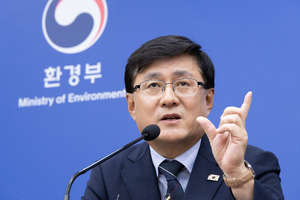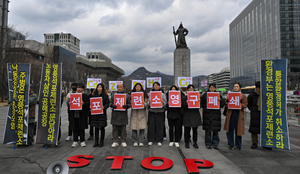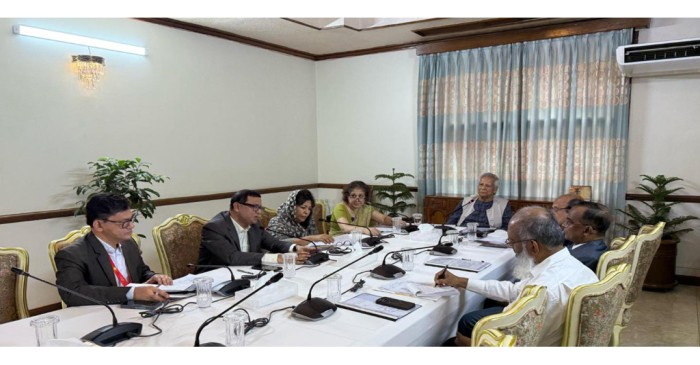Nuclear Power: South Korea's Green Energy Crossroads Revealed

In a clear statement of South Korea's energy strategy, Environment Minister Kim Sung-whan affirmed on Tuesday that nuclear power will continue to play a crucial role in the nation's energy landscape. While maintaining a commitment to nuclear energy, the minister emphasized the country's aggressive plans to swiftly phase out coal-powered electricity generation.
Kim's remarks underscore South Korea's balanced approach to energy transition, recognizing nuclear power as a key component of its clean energy portfolio while simultaneously working to reduce reliance on more carbon-intensive fossil fuels. This strategy reflects the government's ongoing efforts to address climate change and improve environmental sustainability.








